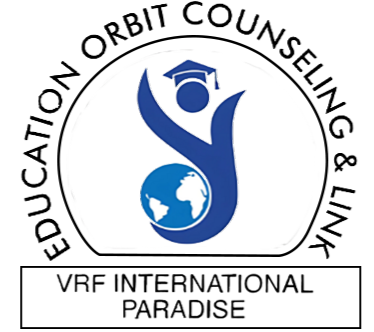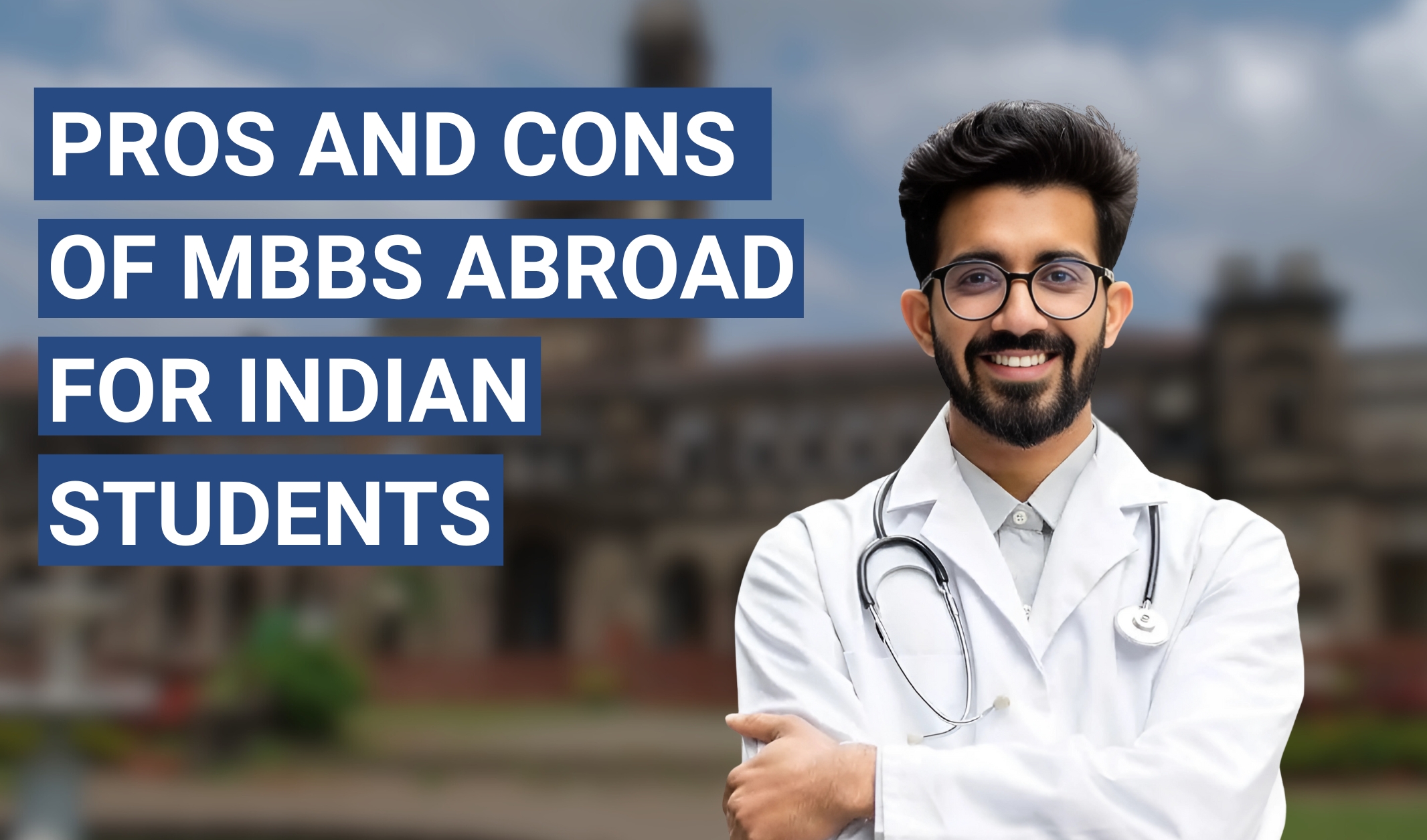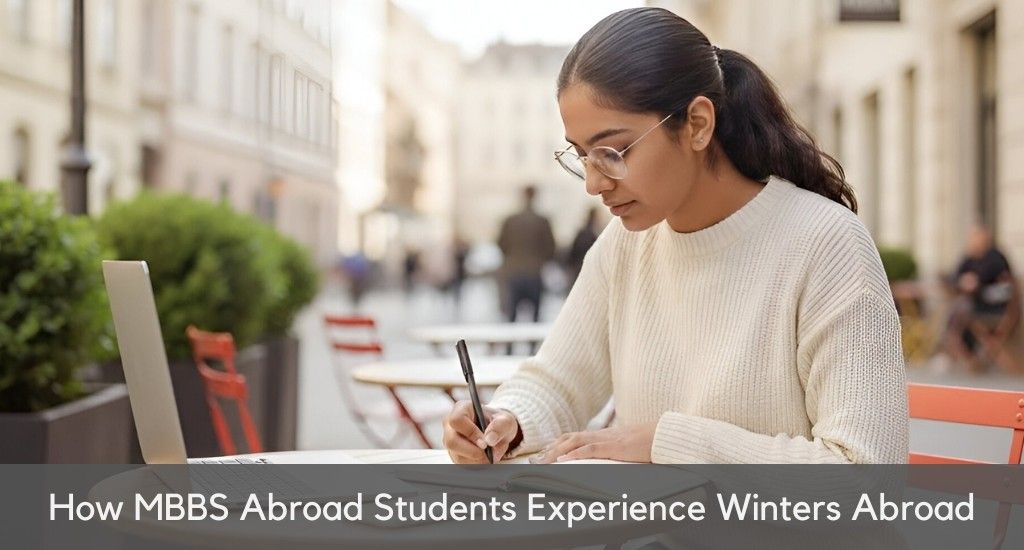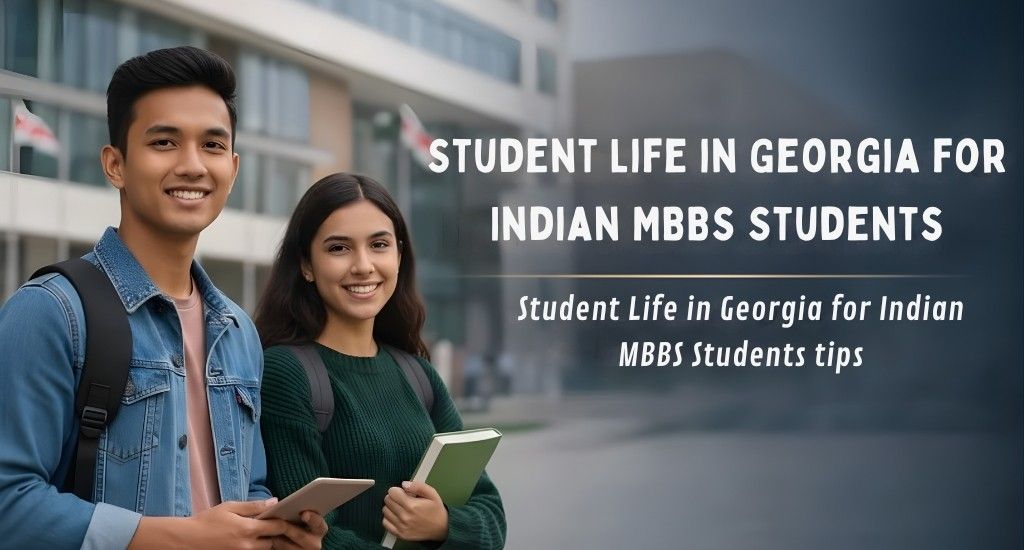Pros:
Why Students Choose MBBS Abroad
I have seen students miss the government college cutoff by a small margin in India to end up in wonderful institutions overseas. It is not about lowering standards; it is about finding opportunities, where available.
- Budget
Everyone thinks studying abroad means selling the family jewelry, but that’s not always true. Sure, the US and UK will cost you a fortune, but countries like Georgia, Kyrgyzstan, and Kazakhstan offer quality medical education at surprisingly reasonable fees.
Take Russia as an example. The total expenses of six years of medical education often add up to the amount that you would spend for only two years in a private medical college in India. And it is very affordable, and the education here is also of very high quality, hence this is the best benefit of going abroad.
- World-Class Infrastructure
- Cultural Exposure
Cons:
Challenges You Need to Know
- Licensing Exam
Pros and Cons of mbbs abroad for indian students. To practice medicine in India after you have completed an MBBS abroad, you must clear the Foreign Medical Graduate Examination (FMGE) or the National Eligibility cum Entrance Test (NEET). The pass rates are not very encouraging. For a lot of our students, it can be difficult to make that transition, as exam patterns and subject areas differ from what they have studied abroad. It’s not impossible; it just takes a commitment to actually preparing for the exam, on top of your everyday learning experience.
- Language Burden
- Homesickness
Being away from home and adjusting to a different culture and people is not easy. The first few months can be especially challenging, with distinct styles of food, weather, cultural norms, and not having family around in stressful times, such as when studying for exams. I have also worked with students who were brilliant academically, but struggled more emotionally with being away. It’s not a sign of weakness, just human nature, and others just handle it better than others.
- Quality Varies
In The Last:
EOCL India
Eocl India is a trusted MBBS abroad consultancy guide company that clears all your doubts and makes your admission stress-free. These articles are meant to clear doubts and guide students. If you want more detailed information, read our other articles or talk to our EOCL India experts.









